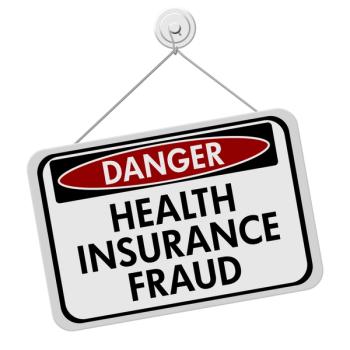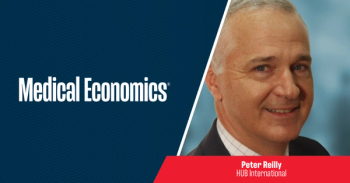
Ebola update: Need grows for trained providers
The Ebola outbreak in Africa still needs trained providers and health professionals to care for patients and contain the disease
While public concern over an
READ MORE:
New hospitals and clinics stand empty or are underused because there simply aren’t sufficient numbers of trained personnel to staff them.
Even in its own recruitment efforts, Doctors Without Borders is having a difficult time finding physicians willing to go help sick patients in Africa, most likely because of the stigma and quarantine hassle attached to those providers upon their return.
In Liberia, thousands of U.S. soldiers are working to process blood samples to identify any individuals free of the disease who can be separated from the sick population. President Barack Obama is also pressing for another $6.2 billion in emergency funding to fight Ebola. Three treatment units and a hospital have already been opened by the U.S. in Liberia, and 200 U.S. civilians and 3,000 troops are working to combat the outbreak across West Africa.
On the domestic front, 35 hospitals are now equipped to handle Ebola patients nationwide-most of them clustered around the only five airports authorized to accept patients from Ebola-positive West African nations.
The National Institutes of Health is also testing an
Newsletter
Stay informed and empowered with Medical Economics enewsletter, delivering expert insights, financial strategies, practice management tips and technology trends — tailored for today’s physicians.






